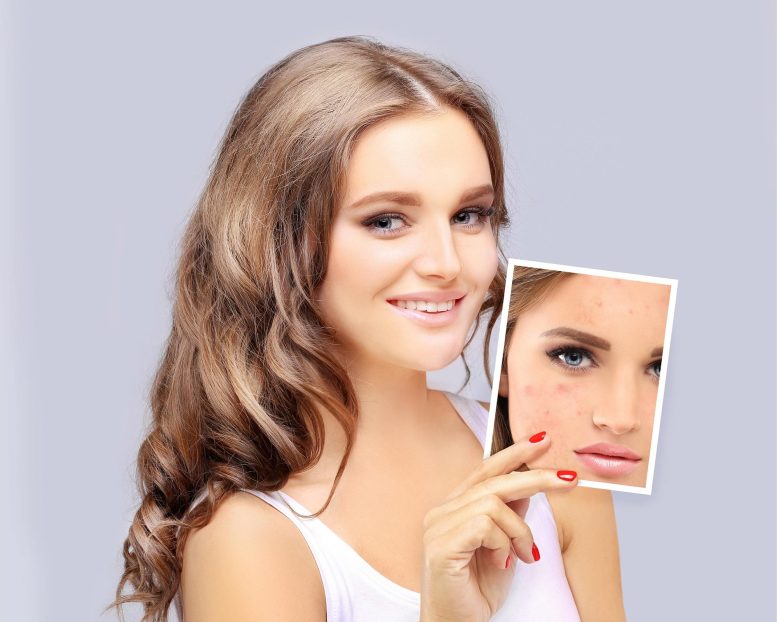
Most of us have had to deal with acne scars at some point. While there is no magical silver bullet to erase them, certain vitamins can help rejuvenate your skin and fade acne scarring.
So you’re just getting over an acne breakout, but now you’re left with leftover acne scarring. What next?
Acne scars don’t necessarily mean you did something wrong while waiting for your acne to fade — acne scarring can happen to every skin type and is sometimes simply unavoidable. As acne heals, the fibroblasts in your skin’s dermis produce collagen fibers to support the skin. However, when these fibroblasts produce either too much or too little of these fibers, scars form. This is a common problem for acne sufferers, leaving many people dealing with residual scarring after a breakout.
Unfortunately, every spot has the potential to leave a scar behind — but acne scarring can be treated.
As acne scars happen beneath your skin’s top layer, vitamins offer an opportunity to heal the scarring from the inside out. However, when it comes to acne scarring, not all vitamins are created equal. Here are three of the most effective vitamins for preventing and fading acne scarring.
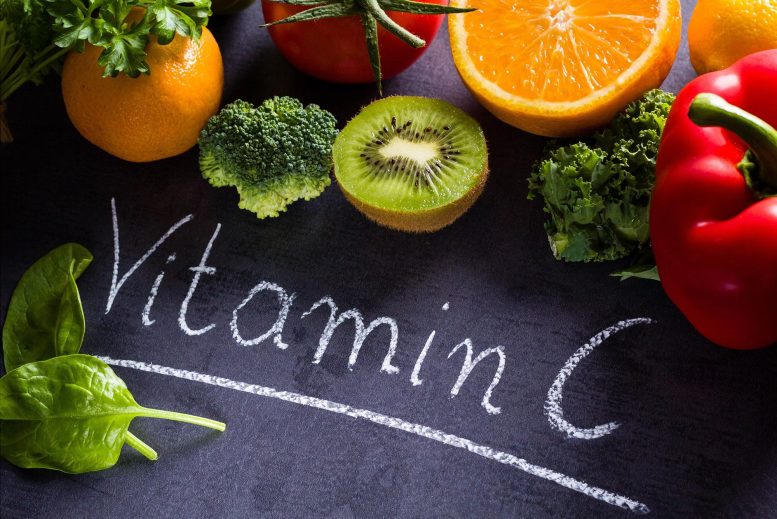
Vitamin C may help with acne scarring, and you can get it from supplements, citrus fruits, bell peppers, broccoli, tomatoes, and spinach. It is a potent antioxidant that aids in your skin’s natural regeneration process, which can help your body repair damaged skin cells. It’s also crucial for collagen production, a protein that gives skin its elasticity and strength.
Vitamin C
Vitamin C is often recommended for acne sufferers trying to get rid of their spots, but did you know it also helps prevent and heal acne scarring?
Vitamin C forms extra bonds between the collagen fibers created as acne heals, making the dermis stronger.[1] As it helps your skin produce collagen, vitamin C also develops new blood vessels to help transport nutrients to wounds for faster, better healing.
Unfortunately, your body does not produce vitamin C on its own — you must obtain it through diet or supplements.[2] However, once this vitamin is in your body, it’s capable of working miracles for your skin.
Vitamin C helps treat acne scarring both below the skin and on the surface. Your skin’s epidermis — its top layer — contains high levels of vitamin C, which plays an essential role in protecting it and producing new skin.[3] Vitamin C’s anti-inflammatory properties also help reduce redness and swelling.
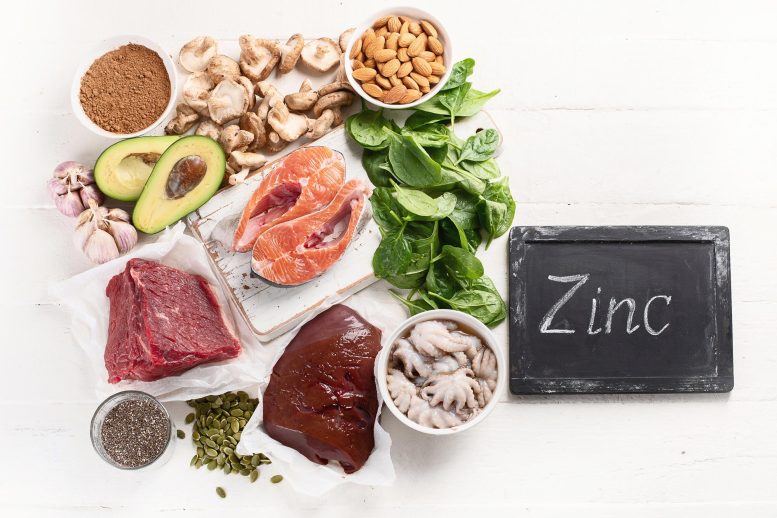
Zinc is an essential mineral known to possess anti-bacterial and anti-inflammatory properties. Good food sources of zinc include oysters, beef, crab, almonds, cashews, oatmeal, and avocados.
Zinc
Speaking of anti-inflammatory vitamins and minerals, zinc, an essential mineral, is both anti-bacterial and anti-inflammatory, making it ideal for reducing both redness and swelling. (Though
Zinc is useful in combating acne. Research has found that people struggling with severe acne breakouts tend to have a zinc deficiency.[4] Zinc is known for its ability to regulate the production of sebum, the oil produced by your skin. Overproduction of sebum can lead to acne breakouts. By helping to control this, zinc can prevent new acne from forming.
Additionally, zinc also helps heal the scars left over from a particularly bad acne breakout. As an antioxidant, zinc reduces your skin’s inflammatory response to dirt, oil, and dead cells, helping your pores stay clear. Zinc also helps the proteins in your body convert vitamin A — another powerful acne-fighting and wound-healing vitamin — into retinol. Retinol helps repair lesions and scars by stimulating the growth of collagen and speeding up cell turnover.[5]
Zinc is one of the most widely researched vitamins and minerals for acne treatment for a reason.
Research has found that supplementing with zinc reduces both the bacterial and inflammatory forms of acne[6] and unlike some acne treatments, zinc is safe for both dark and sensitive skin.
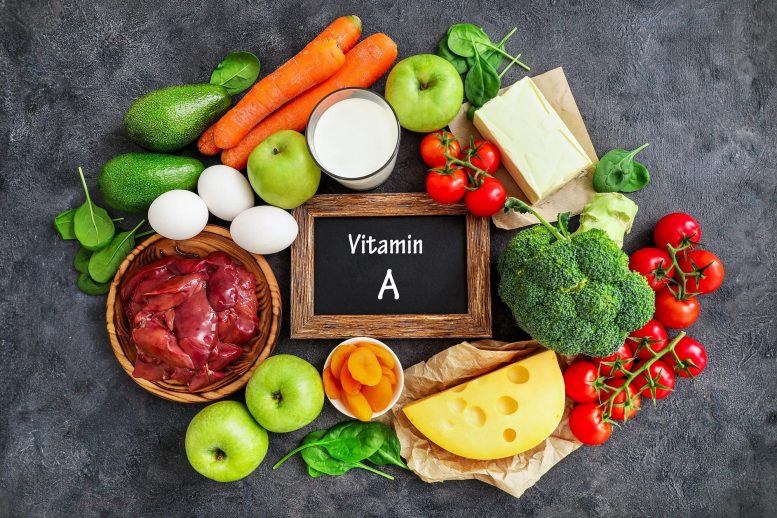
Vitamin A can be obtained by eating spinach, tomatoes, beef liver, milk, eggs, sweet potatoes, and carrots. It plays a vital role in the health of your skin. Retinoids, derivatives of Vitamin A, are often used in topical skin treatments to help reduce the appearance of acne and scars. They promote cell turnover, bringing new skin cells to the surface and encouraging old cells to shed. This can help to diminish the appearance of acne scars. Additionally, Vitamin A has potent anti-inflammatory properties that can help to soothe and calm inflamed skin, reducing redness and swelling associated with acne breakouts.
Vitamin A
Vitamin A is often recommended to acne sufferers, and there’s a reason why — when it comes to acne and acne scarring, you won’t find a more helpful vitamin.
Vitamin A is an antioxidant, which prevents cell damage caused by free radicals. As an antioxidant, it decreases skin inflammation and oil production, promotes skin cell growth for quicker lesion and scar healing, and gives your skin a smoother, more even appearance.[7]
Vitamin A helps form new blood vessels and connective tissue, making it crucial for proper wound healing. Studies have found that vitamin A deficiencies are related to inflamed skin and decreased capacity in the skin to renew its upper layer, making it harder for scars to heal.[8]
That’s not all. Vitamin A binds to your retinoic acid receptors to renew damaged skin capillaries and fibroblasts, promoting faster, better healing for scars.[9] A worthy addition to your supplement routine indeed.
Acne can be debilitating, leaving sufferers with severely impaired self-esteem and anxiety. That’s why it’s so important to focus not just on healing acne itself, but also repairing the scarring it can leave behind. Combined with a good topical skincare regime, vitamins have an important part to play in healing acne scarring, promoting good skin health from the inside out.
Everybody’s skin is different. There is no one-size-fits-all answer for acne scarring, and vitamins that work wonders for one person’s skin may have no effect on another’s. However, research and evidence show us that vitamin C, vitamin A, and zinc have a positive part to play in fading and healing acne scars, leaving you with smoother skin, better health, and more confidence.
References:
- Harris, Connie L.: “Malnutrition in the institutionalized elderly: the effects on wound healing”, October 2004, pubmed.ncbi.nlm.nih.gov/15509882/
- Abdullah, Muhammed et al: “Vitamin C (Ascorbic Acid)”, May 8 2022, ncbi.nlm.nih.gov/books/NBK499877/
- “Role of Vitamin C in Skin Diseases” by Kaiqin Wang, Hui Jiang, Wenshuang Li, Mingyue Qiang, Tianxiang Dong and Hongbin Li, 4 July 2018, Frontiers in Physiology.
DOI: 10.3389/fphys.2018.00819 - “Correlation between the Severity and Type of Acne Lesions with Serum Zinc Levels in Patients with Acne Vulgaris” by Majid Rostami Mogaddam, Nastaran Safavi Ardabili, Nasrollah Maleki, and Maedeh Soflaee, 24 July 2014, BioMed Research International.
DOI: 10.1155/2014/474108 - Kilikita, Jacqueline: “The Biggest Mistake You Can Make If You Have Acne, According To A Dermatologist”, 16 August 2018, refinery29.com/en-gb/acne-scars
- Decker, Ashley et al: “Over-the-counter Acne Treatments: A Review”, May 2012, pubmed.ncbi.nlm.nih.gov/22808307/
- Cherney, Kristeen: “Is Vitamin A Good for Acne?”, December 13 2018, healthline.com/health/vitamin-a-for-acne
- “Nutrition and Wound Healing: An Overview Focusing on the Beneficial Effects of Curcumin” by by Martina Barchitta, Andrea Maugeri, Giuliana Favara, Roberta Magnano San Lio, Giuseppe Evola, Antonella Agodi and Guido Basile, 5 March 2019, International Journal of Molecular Sciences.
DOI: 10.3390/ijms20051119 - “Vitamins as hormones” by J. Reichrath, B. Lehmann, C. Carlberg, J. Varani, C. C. Zouboulis, February 2007, Hormone and Metabolic Research.
DOI: 10.1055/s-2007-958715

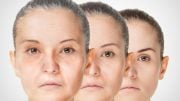





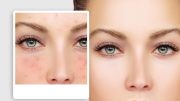

Hi. I read your article about the e vitamins that help fade acne. It was very resourceful and interesting. My question is the dosage intake for each vitamin as it was not mentioned. Thanks, JD